“Opening the Section 8 waitlist was huge, but it only addressed part of the problem—the city must invest more resources in addressing discrimination against voucher holders by increasing funding for the City Commission on Human Rights.”
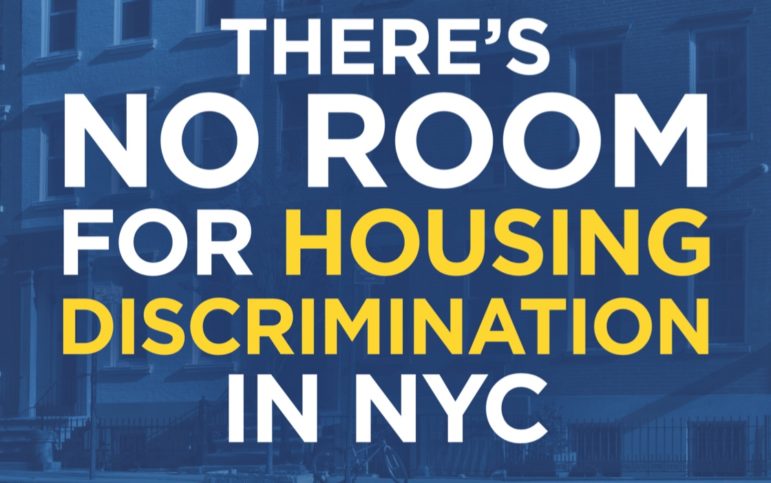
NYC Commission on Human Rights
A poster aimed at curbing housing discrimination.The overwhelming number of applicants highlights the deep need for income support that is provided by a rental assistance voucher. Section 8 vouchers are a lifeline for many families, which is why more than twice as many households than the number of available waitlist slots applied within the first 24 hours alone. In his press release announcing the re-opening of the Section 8 waitlist, the mayor said, “Addressing our city’s housing crisis means using every tool our city has, and that’s exactly what we are doing.”
However, Mayor Adams is certainly not using every tool at the city’s disposal; the ongoing understaffing of the City Commission on Human Rights (CCHR) is allowing discrimination against voucher holders to continue under-enforced, and is keeping people stuck in homelessness.
According to research by the Furman Center, nearly 50 percent of NYCHA Section 8 voucher recipients lost their vouchers because they were unable to find housing. One of the largest barriers to accessing housing with a voucher is source of income (SOI) discrimination. This occurs when a landlord refuses to rent to people based on how they will pay their rent.
SOI remains a significant barrier for voucher recipients seeking housing because the CCHR, the government body responsible for enforcing anti-discrimination laws in New York City, is underfunded and understaffed. After years of budget cuts, vacancy reductions, and resignations from overstretched workers, only 17 staff attorneys are left to enforce the rights of over 8 million New Yorkers, compared to nearly 50 in 2018.
The overwhelming number of applications to the Section 8 waitlist shows the immense need that exists for rental assistance vouchers. The city reopened the waitlist for Section 8, but is undercutting the effectiveness of the very same vouchers by not investing sufficient resources in the capacity of CCHR.
The city touted the additional $3 million it budgeted in fiscal year 2024 for SOI enforcement outside of CCHR, however the administration never spent the money. What’s worse, in fiscal year 2025, the mayor failed to include any funding to increase capacity at CCHR, despite voucher holders, advocates, and City Council calling for an $18 million investment in the Commission.
Nationwide, 65 percent of voucher holders are Black and Latinx, and 78 percent are female-headed households. People reporting source of income discrimination often experience discrimination based on multiple identities—race, gender, religion, sexual orientation, disability status, and more.
New York City has one of the most robust human rights laws in the country, with over 25 protected categories. With the Fair Chance for Housing Act going into effect in January, CCHR will also be responsible for protecting New Yorkers with criminal records from housing discrimination. And yet, despite the increasing responsibilities given to the Commission, it continues to be understaffed and underfunded.
Additionally, staff attorneys at CCHR are underpaid. Starting salaries for staff attorneys are thousands of dollars below that of attorneys at legal services nonprofits, as well as other city agencies. If the city values the work of the Commission, then it must invest in the work of the commission—salaries must be raised to competitive levels, or CCHR will not be able to attract or retain talent.
Staffing levels at CCHR have a real and felt effect on New Yorkers’ experience of reporting discrimination to the Commission. With only 17 staff attorneys, New Yorkers who are willing to invest the time and effort into pursuing litigation through CCHR have to wait an average of three and a half months for intake with an attorney.
“I have a fully functioning Section 8 voucher, but I couldn’t obtain housing for more than three years. The city must relieve the pressure of the unjust and discriminatory systems that keep us homeless by adequately funding CCHR’s law enforcement bureau to hire enough staff. Without enough staff, there won’t be enforcement, and the lack of monitoring and accountability will allow illegal discrimination across the city to continue unpunished,” said Charisma White, a leader with Neighbors Together.
The Commission on Human Rights’ budget is less than 0.01 percent of the city’s total budget, yet despite being a drop in the bucket compared to other spending areas, the mayor continues to subject CCHR to budget cuts. CCHR was also subject to a 2-to-1 hiring freeze, meaning that the Commission had to wait until two staff members left before being allowed to fill one position. Under the 2-to-1 hiring freeze model, the Commission will always come up short and be unable to address its staffing shortage. Even under a 1-to-1 hiring freeze, CCHR will remain short-staffed and the people of New York will suffer.
The mayor continues to tout his efforts to address the homelessness crisis, but actions speak louder than words. It’s time for Mayor Eric Adams to stop short-shrifting his own proclaimed fixes, and take a holistic approach.
Yes, opening the Section 8 waitlist was huge, but it only addressed part of the problem—the city must invest more resources in addressing discrimination against voucher holders by increasing funding for the City Commission on Human Rights. Investing in CCHR means protecting tenants, workers, and all vulnerable New Yorkers—without a well functioning CCHR, our city cannot be equitable.
Amy Blumsack is the director of organizing and policy at Neighbors Together.


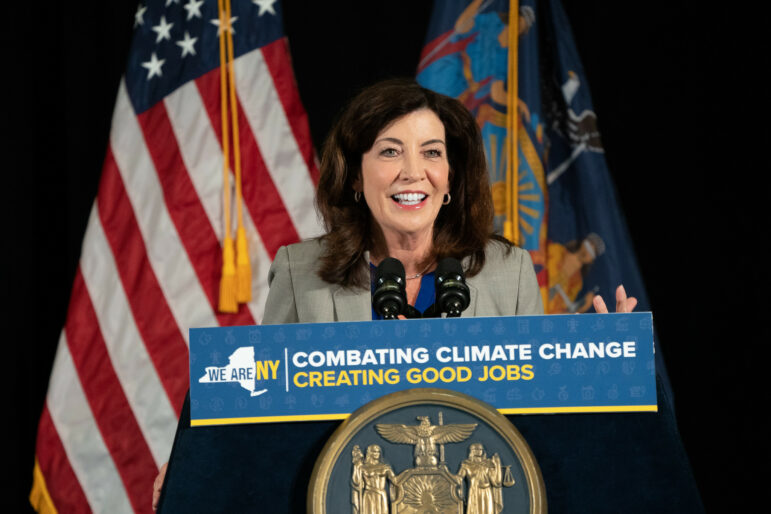

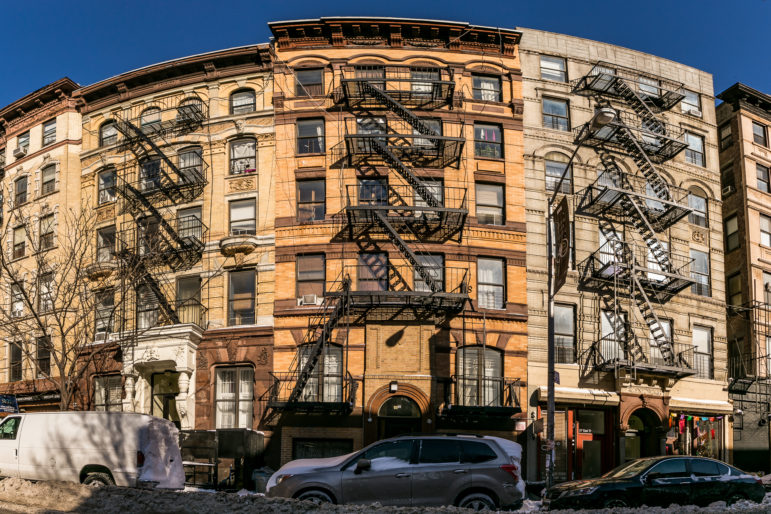
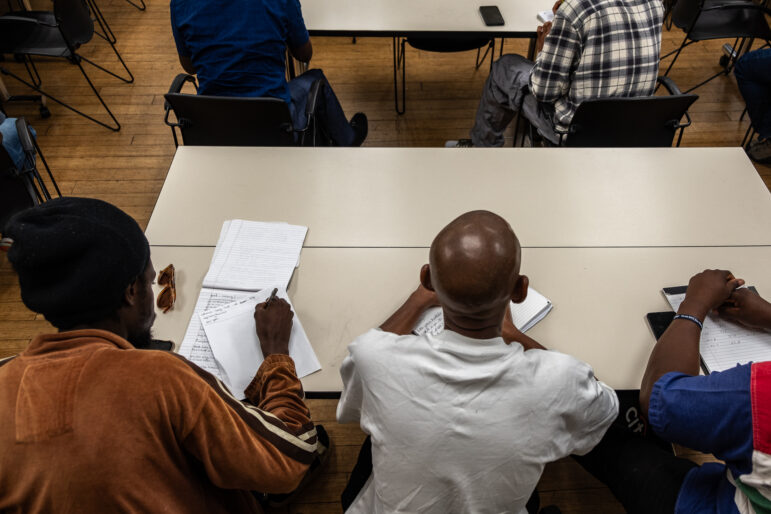
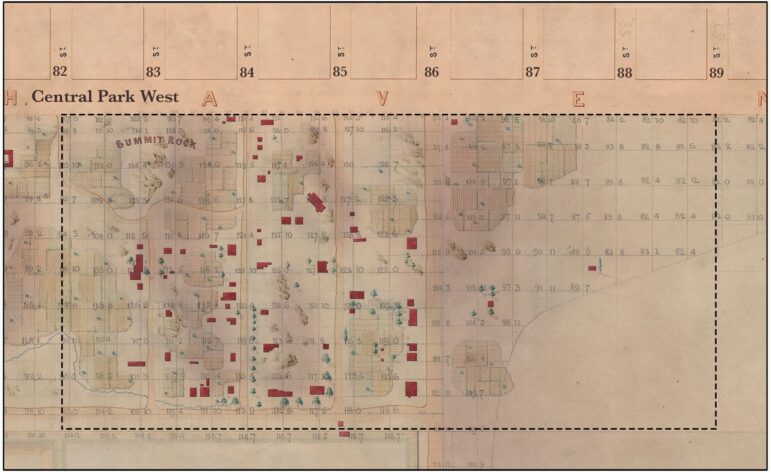


One thought on “Opinion: NYC Can’t Solve Its Housing Crisis Without Addressing Voucher Discrimination”
The issue is not discrimination but the vouchers themselves. Ask any Broker who works with voucher holders, it’s takes moving mountains to get a deal done (after landlord approval!) and countless of weeks and months of unpaid work for the deals that never make it through (the majority don’t make it through).